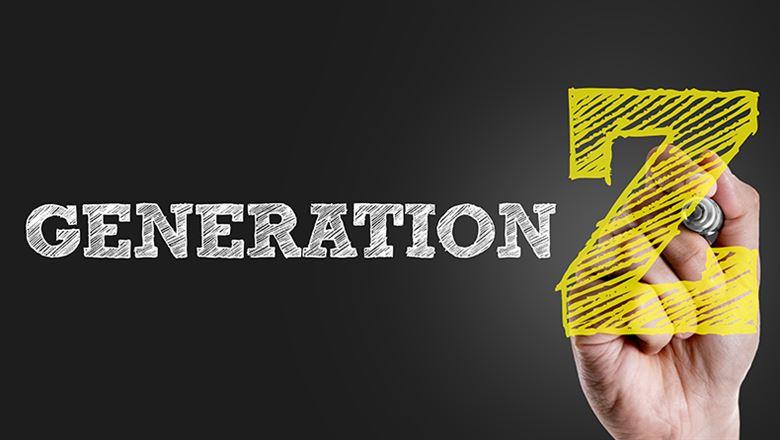Dawn Watkins Wiese, PhD
Dawn Watkins Wiese, PhD, is vice president, chief operating officer, and partner at Plaid, a management consulting firm specializing in organization training and development, in Johns Creek, Georgia.

Make room, millennials: Generation Z is entering the workforce, bringing backgrounds and mindsets that are at once similar to and distinct from their predecessors. Leaders who recognize and capitalize on these differences strengthen their departments and the overall organization.
From business magazine features to speakers on the morning television circuit, much attention has been given to millennials in the workplace—particularly regarding how organizations can best integrate this generation into their operations. The conversation is shifting, though, as members of generation Z begin to take their place alongside their predecessors.
The millennial label typically is given to those born between 1980 and the mid-1990s, which puts the oldest members in their mid-30s. Generational researchers have issued mixed reports on millennials in the workplace. Some argue that millennials Millennials suffer from excessive entitlement that can lead to demands for work flexibility and higher pay. Others credit millennial managers for being flexible, advocating for diverse work environments, and having an inclusive leadership style.
The youngest members of generation Z, which includes people born around the mid-1990s through 2010, are just 8 years old, but the oldest are in college or launching their careers. This means it’s now the newcomers’ turn to be scrutinized—intel that smart managers can use to better understand the kind of environment in which Gen Z employees will flourish.
Generation Z is sometimes referred to as iGen, which alludes to their immersion in technology and social media. However, the name generation Z is more commonly used and echoes their generation X parents and millennial predecessors, who are sometimes referred to as generation Y.
The generation Z moniker also provides a name without assigning to their cohort identity a singular contextual factor, like technology, that shapes their generation.
Most members of generation Z were not yet born on 9/11. They’ve come of age in an era of increased access to information; rapidly advancing technology; economic downfall marked by the Great Recession; media coverage of violence and political dysfunction; and conversations of equity and equality in our society. These contexts set the stage for how generation Z will experience education and enter the workforce.
Due to the influence of the 2008 Recession, they are saving money and taking steps early in life toward employment opportunities that will lead to financial security, including engaging in career development.
But financial compensation is not Gen Z’s only career priority. They also want to give back and, like millennials, share a passion for making a difference and for work that allows them to see that their contributions are improving society.
In the workplace, generation Z will behave differently than employees from older generations. Because they’ve never known a world without computers and the internet, and because their smartphones and mobile technology seem to be an extension of their physical selves, they have an understanding of and ability to wield technology that is one of their strongest assets to organizations.
This generation’s seemingly constant connection to the online world has also shifted the way they look at time, space, and connecting with others. For Gen Z, work spaces and hours spent “on the clock” may be more fluid and move away from the traditional 9–5 office job. This means they may look for organizations that align with their viewpoints and allow for hybrid and remote work and flexible working hours.
As organizations welcome another generational cohort, they will face new opportunities to thrive and challenges to overcome. Generational differences that become a point of friction can be insurmountable if not addressed. Leaders can positively harness these differences by taking a few proactive steps:
A solid understanding of what makes each generation tick and what they excel at will help in building diverse teams and working groups, where members can teach or learn from each other.